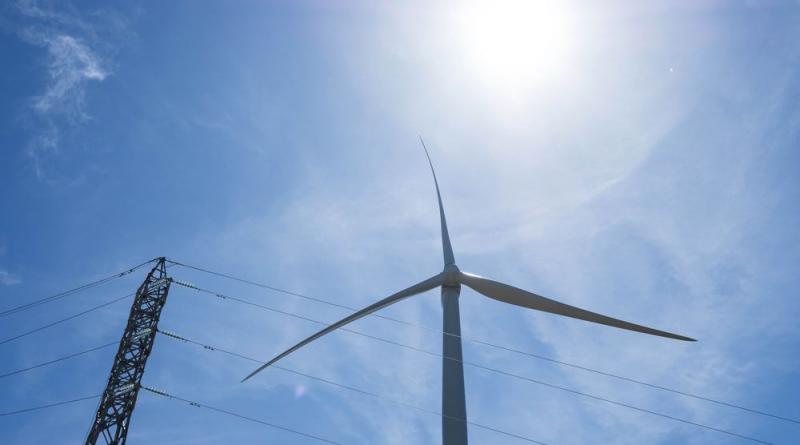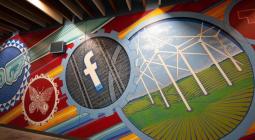Enel says pandemic not likely to slow its renewable energy development plans.

Renewables giant Enel SpA is predicting a wave of consolidation in the green energy sector as smaller companies come under financial pressure from the effects of the coronavirus, opening a window for well-financed players to snap up cheap wind and solar assets.
“I think the current crisis could potentially open up opportunities, mainly for who has big financial shoulders,” Alberto de Paoli, the Italian utility’s CFO, said on a May 6 earnings call. “It will be possible to identify, towards year-end, those players that managed through the crisis and those that did not,” the CFO said. “A new phase of M&A will arrive — not now, but in the later part of the year.”
In the meantime, Enel is expecting the coronavirus crisis to barely dent its own roll-out of new renewables capacity. The company has about 3,200 MW either under construction or ready to build for 2020, with another 400 MW fully permitted. Although impacts from the lockdowns could delay a small share of the capacity, the company expects to catch up with no more than a few months’ delay.
The group reported €1.25 billion in profits during the first quarter, a marginal decrease from the prior-year period, although the result was up 11% when excluding one-off impacts. However, total revenues were down 12% to €19.99 billion, partly because coronavirus containment measures led to lower electricity sales in Italy and Spain, two of Enel’s core markets.
Since lockdowns were only in effect for the last two weeks of the reporting period, the company expects the impact to be more pronounced in the second quarter. Nevertheless, analysts said the company should see little impact from the crisis, given its largely regulated business and other safeguards.
“We continue to believe that networks and renewables growth will be largely unfazed,” analysts at Bernstein wrote in a note ahead of the earnings release. “Exposure to lower power prices is limited via hedging, including an intrinsic hedge embedded in the integrated business models in Italy and Spain.”
7 May 2020
IEEFA




